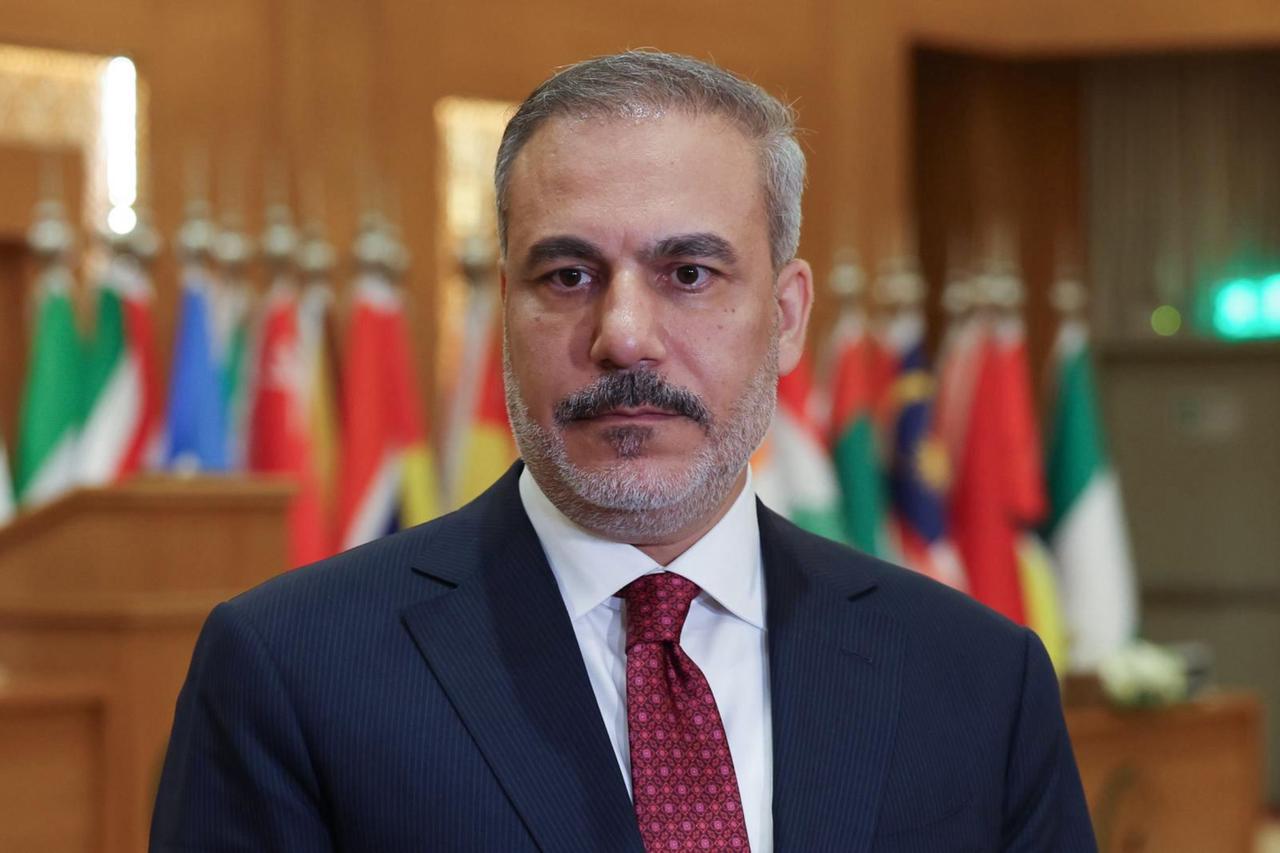
Turkish Foreign Minister Hakan Fidan declared late Monday that diplomacy has reached its limits in addressing the Gaza crisis, warning that "humanity has completely failed its test" as he called for more forceful international action during an extraordinary meeting of the Organization of Islamic Cooperation (OIC).
"We are at a point where words have run out in the Palestinian issue, in the Gaza issue," Fidan told reporters following the 21st Extraordinary Council of Foreign Ministers meeting in Jeddah, Saudi Arabia.
"All foreign ministers are aware of this. We have reached the end of what we can achieve using diplomatic tools. Different actions and measures must now be taken, and the international community—not the system, but the community—must show a stronger reaction," he noted.
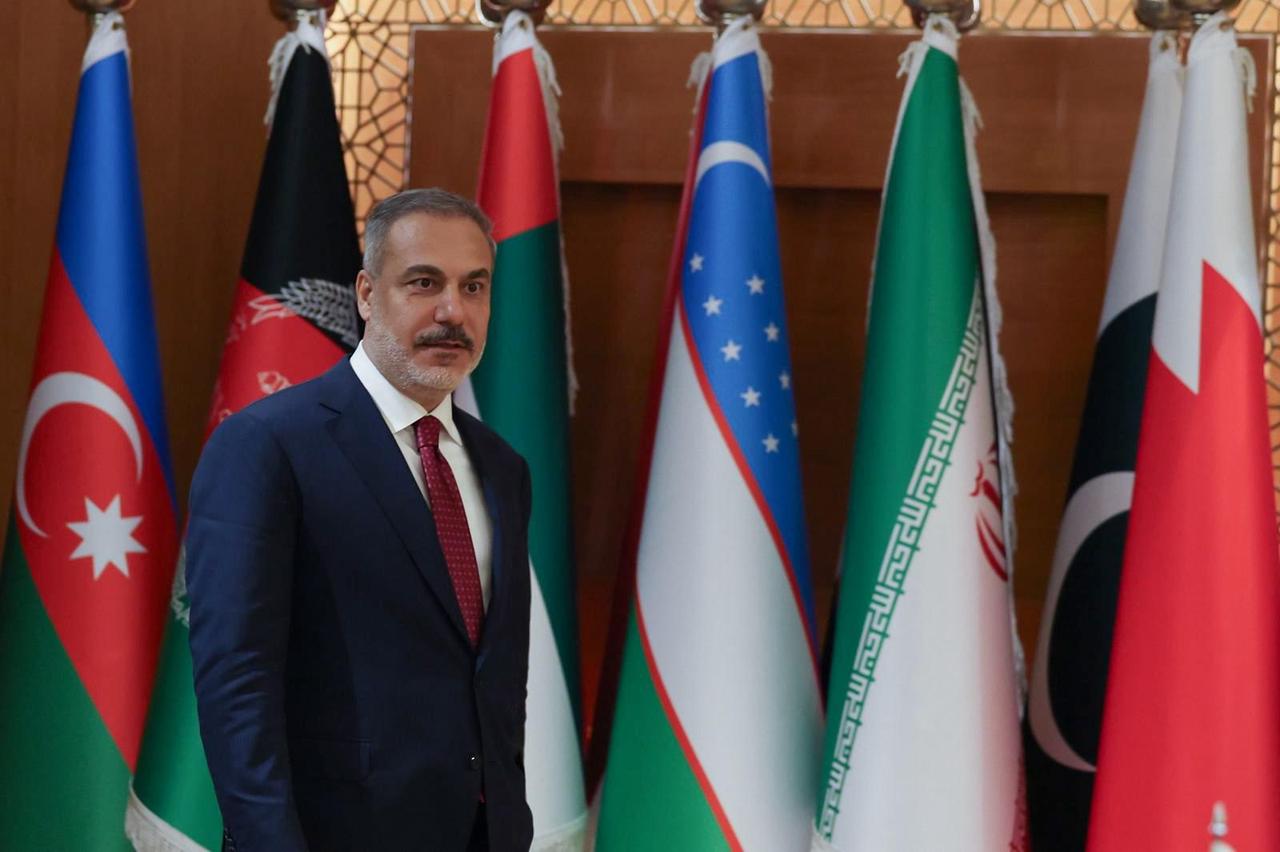
The Turkish foreign minister, speaking in his capacity as OIC Foreign Ministers Council term president, said Türkiye called the extraordinary meeting due to "the hunger in Gaza that has reached unbearable levels," which drew record attendance from member states.
“The system is completely bankrupt when it comes to Palestine, when it comes to Gaza,” Fidan said, adding that the meeting produced a resolution with “very strong substance” that he hopes will make a significant impact.
The resolution aims to present a unified Islamic position ahead of the United Nations General Assembly (UNGA) meetings in September.
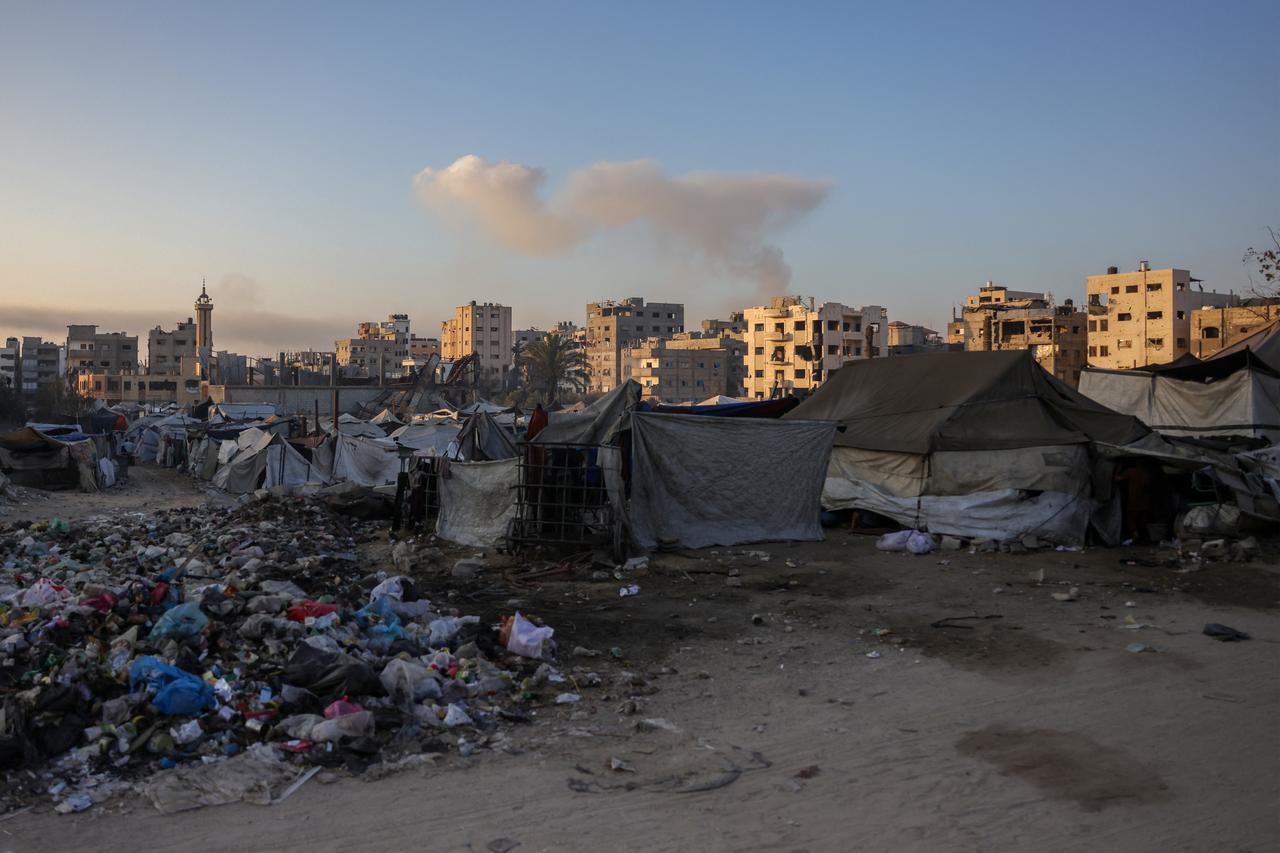
Addressing the ongoing negotiation efforts, Fidan expressed deep skepticism about Israeli Prime Minister Benjamin Netanyahu's intentions.
"Undoubtedly, the most direct way to stop the suffering in the Gaza issue is to achieve a result in the ongoing negotiation processes at this stage," he said.
"However, while I want to be optimistic, when we look at Netanyahu's current policies, we see that he actually has no interest in any agreement whatsoever. There is a strategy completely built on buying time and advancing his military agenda and policies," Fidan noted.
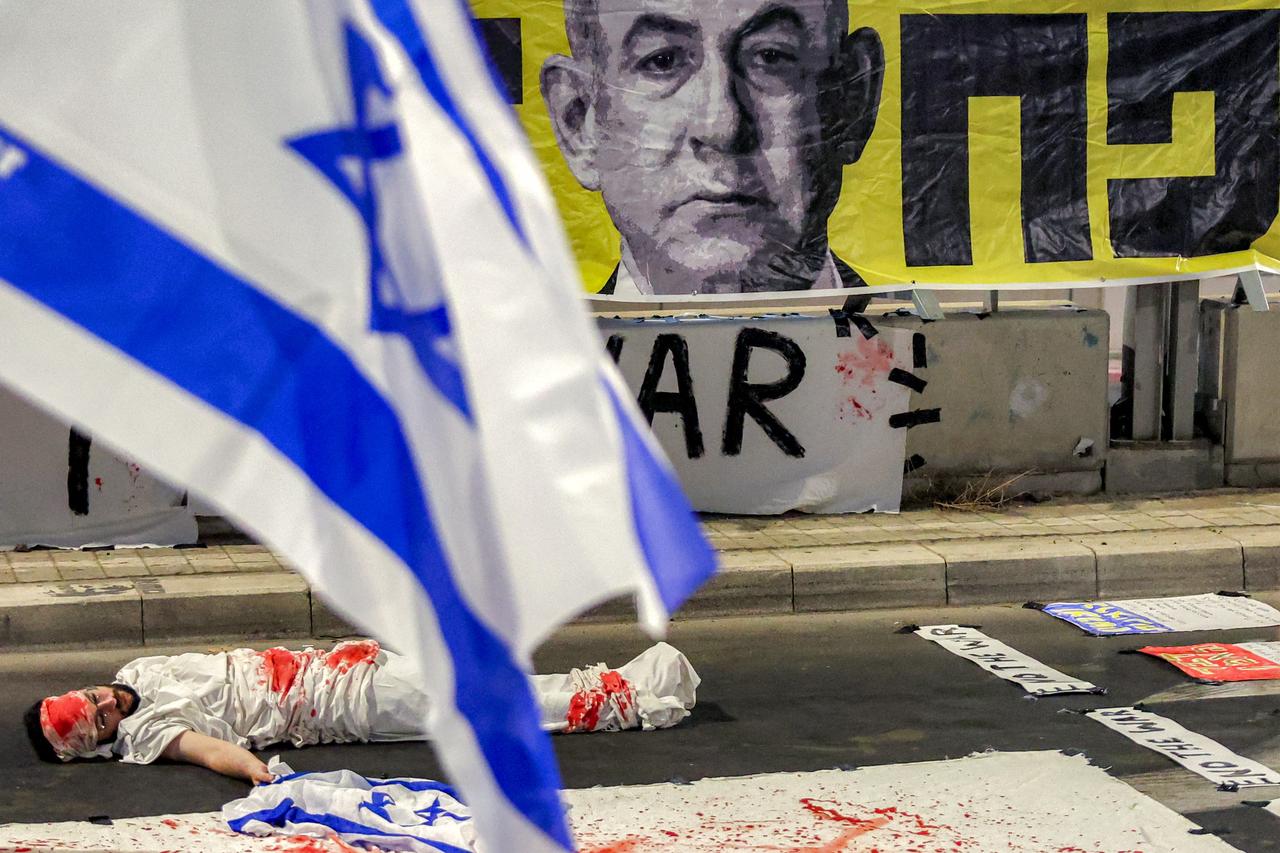
Fidan outlined a strategic approach for the 57-member organization, noting that since most Islamic nations don't have relations with Israel, they should leverage their relationships with countries that support Israel.
"The fact that countries that support Israel commercially, politically, and militarily actually take a stance against Israel at this point is a mechanism that will be a bigger brake on Israel in practice," he explained.
"Therefore, we keep on the agenda the issue of countries here developing a strategy by using their relationships not with Israel, but with countries that support Israel, and creating pressure through this," he added.
He emphasized that many OIC members have "very serious economic, political, and security relations with both the West and the U.S.," making it "essential that these relations be used at some point to restrain Israel."
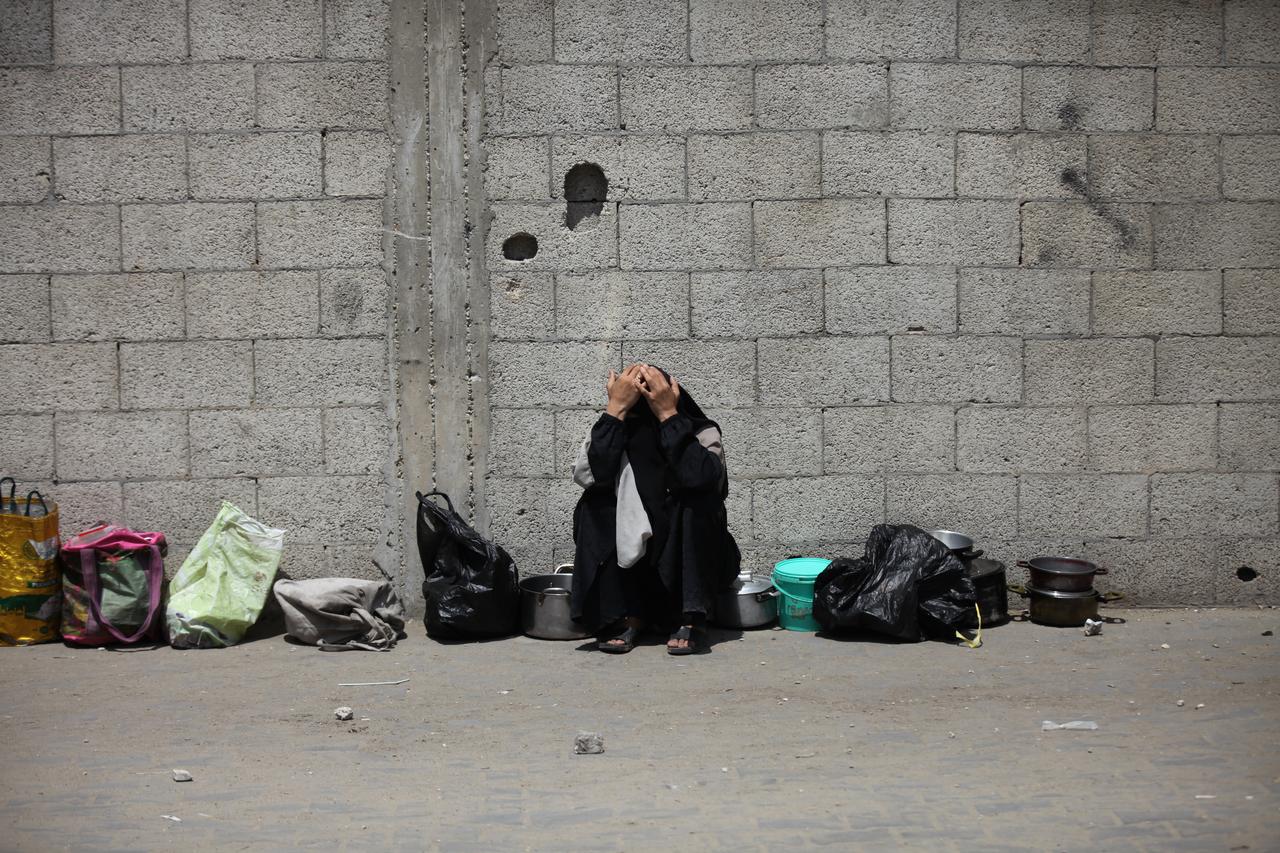
The foreign minister highlighted what he called a "reverse proportion" in the Palestinian issue, describing it as "an interesting situation."
"While Palestine is being recognized as a state, the genocide in Gaza continues—such an inversion of reality—and Gaza increasingly becoming subject to a dehumanization policy is, of course, a great contradiction in essence," Fidan said.
"On one hand, you recognize Palestine as a state, on the other hand, you turn a blind eye to the destruction of the human element, which is the essential component of the Palestinian state, at least in part of it in Gaza," he added.
Fidan recalled Türkiye's position from Oct. 7, when the current conflict began: "As long as the occupation of Palestine continues, as long as Israeli oppression continues, as long as Palestinians don't have an honorable, integrated, sovereign state, this will be neither the first nor the last war in the Middle East between Palestinians and Israelis. There's even a risk of this war spreading."
The top Turkish diplomat noted that international public opinion is forcing Western governments to act, with many facing domestic pressure to recognize Palestine.
"The international community is now paying a price for their governments at this point, especially in the West," he said.
"Many countries in the West are taking steps toward recognizing Palestine based on public pressure from their own societies. No one wants to be part of this historic massacre, this genocide anymore," he added.
However, Fidan criticized certain nations for their historical stance: "But unfortunately, it's too late for some countries. They were on the wrong side of history when genocide was committed against Jews. They were on the wrong side of history when genocide is being committed against Palestinians. These are actually conscious positions—they have no mitigating excuse whatsoever."
He contrasted this with Turkish and Islamic values: "Our civilization, our history, thank Allah, at that point—we look at the action itself, not the perpetrator or the victim. Oppression is oppression, no matter who it's done to. It's still oppression no matter who does it."
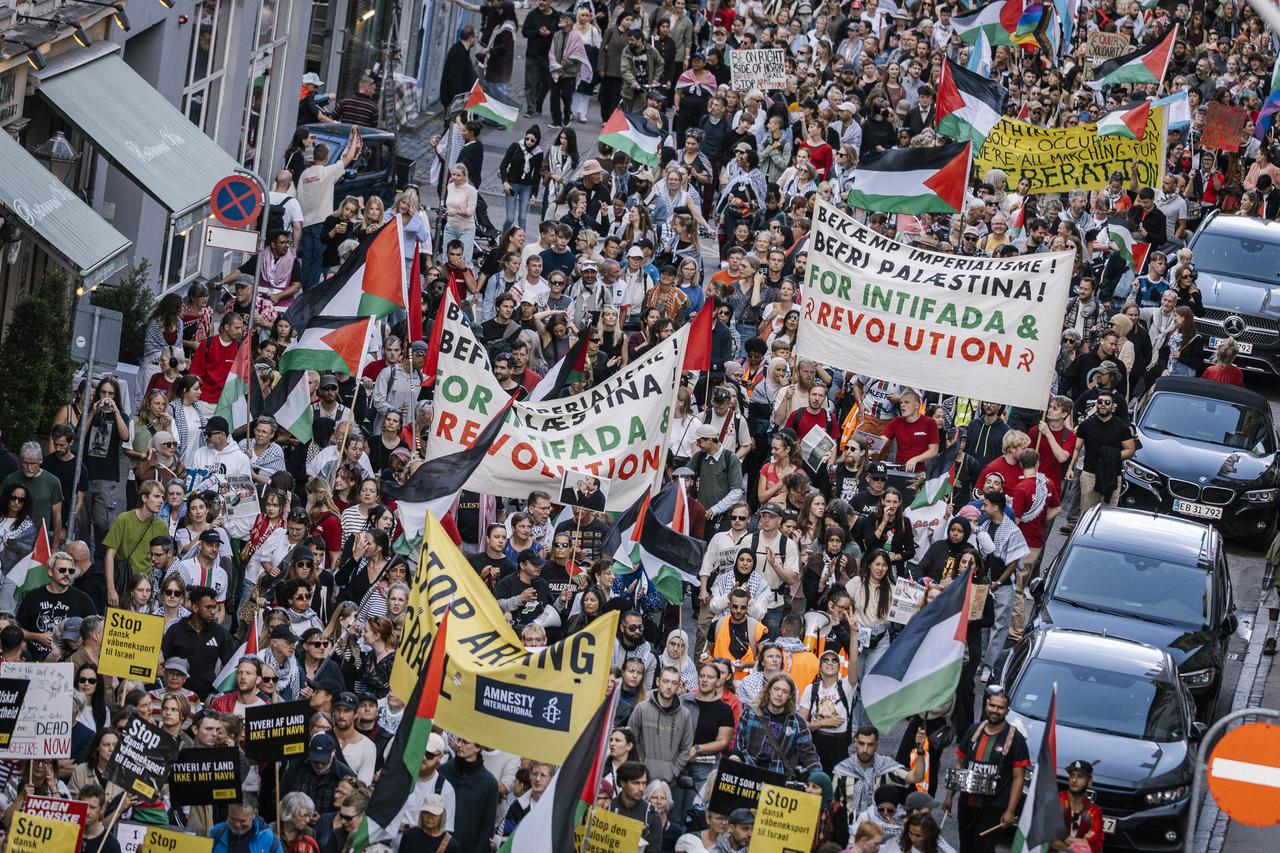
During bilateral meetings held on the margins of the OIC gathering, Fidan met with counterparts from Egypt, Iraq, Syria, Iran, and several African nations, including Gambia and Djibouti.
Regarding Syria, where a new government took power following the Dec. 8 transition, Fidan warned of significant challenges ahead.
"We reaffirmed once again our commitment to Syria's territorial integrity, sovereignty, and security," he said. "But we had said right after December 8: One era has ended in Syria, another era has begun, but it has not brought an easier time."
"The challenges are much higher, the problem areas are much more pronounced, and a new phase has begun. Türkiye's responsibility here is substantial," Fidan noted.
Fidan later stressed the need for regional cooperation, particularly against Israeli attacks on Syrian territory, while acknowledging the presence of various groups within Syria that could serve international actors' objectives.
"On the other hand, the country needs very serious investment, it needs advancement of public capacity, it needs infrastructure development," he added. "But these will take time. The important thing is establishing the political and security environment that will allow us to achieve all this."
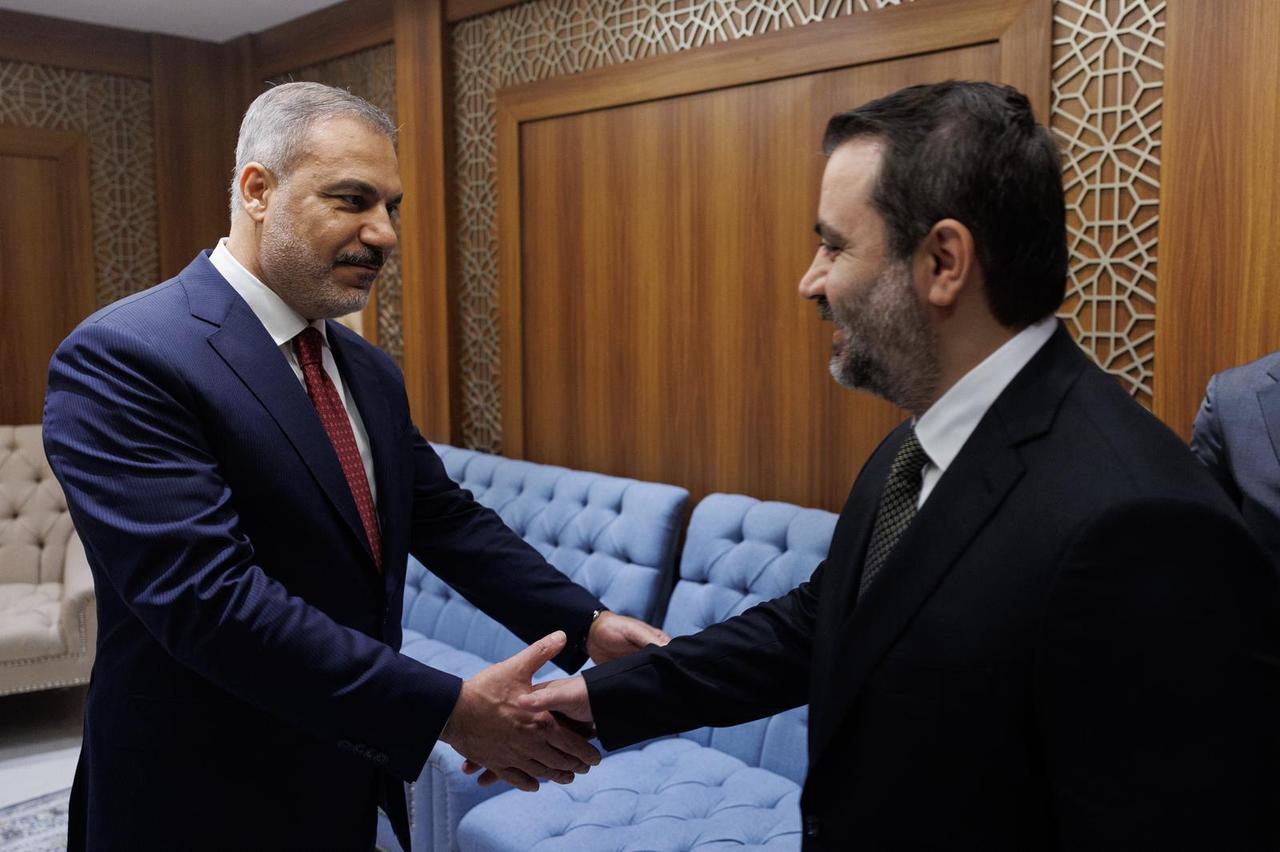
The foreign minister also discussed Iran's ongoing nuclear negotiations with Europe and the suspended talks with the United States, noting he had recently addressed these issues with U.S. Secretary of State Marco Rubio.
"There's a track that Iran is conducting with Europe regarding nuclear negotiations. And there are currently suspended negotiations with the United States," Fidan said, adding that terrorist threats and their details were also discussed during bilateral meetings.
With Iraq, Fidan noted upcoming elections in October and ongoing bilateral cooperation initiatives started under Prime Minister Mohammed Shia al-Sudani's administration, including water cooperation, the development road project, counterterrorism efforts, energy cooperation, and various business projects.
Discussions with Egypt focused on potential aid to Gaza and post-agreement scenarios, while also addressing regional security perspectives in light of the past two years' developments.
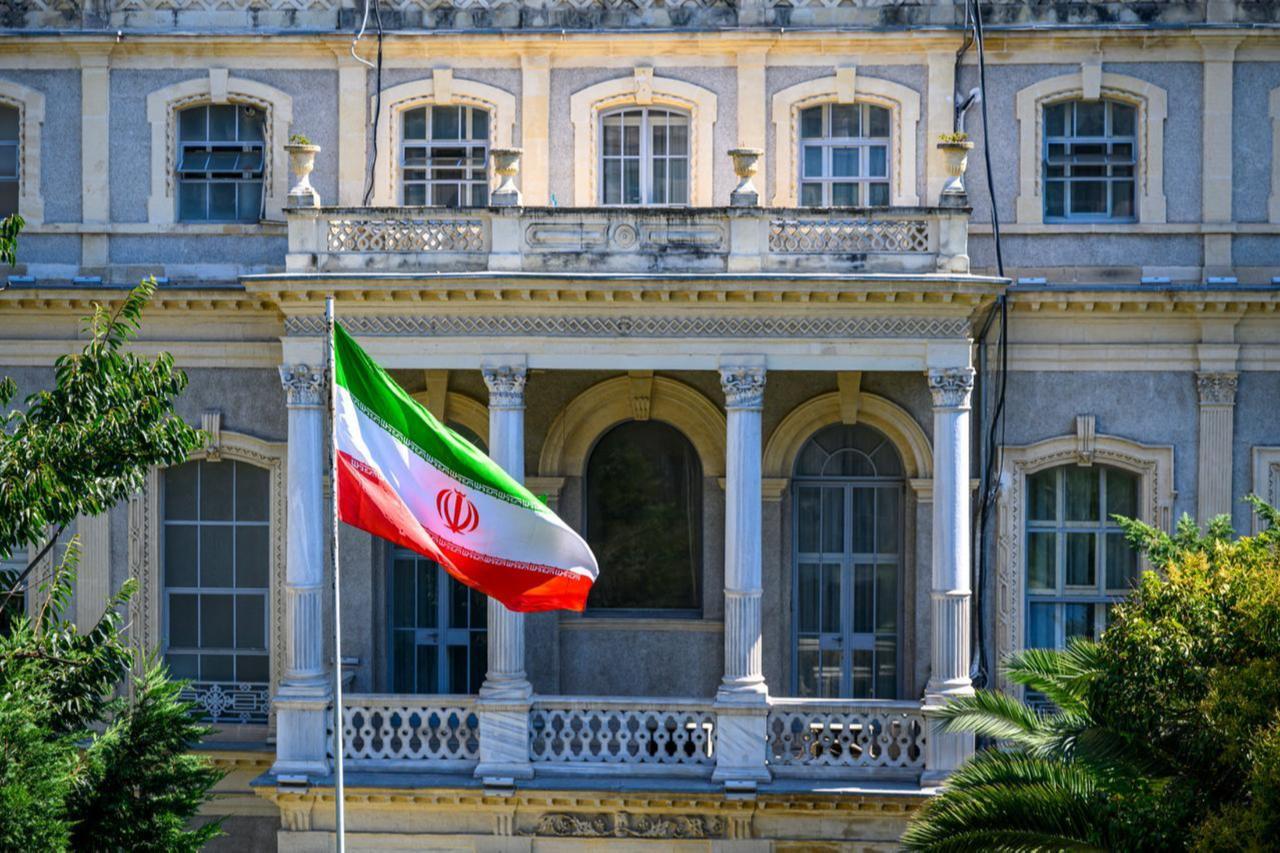
Fidan emphasized that the OIC meeting's timing before the UN General Assembly was deliberate, aiming to ensure Islamic nations speak with one voice on the Palestinian issue.
"Going into the General Assembly week where everyone participates internationally, it was important for us that Islamic countries take a position on the Palestinian issue as one voice, one idea, one fist, eliminate their differences of opinion, form a single view, and present new proposals to the international community as carriers of this cause," he explained.
The foreign minister concluded by noting that while the OIC has successfully advanced the international discourse on Palestinian statehood recognition, Israel is taking steps to "kill the two-state solution idea."
"The international community is making progress here with the leadership of the Organization of Islamic Cooperation, while Israel is making different calculations and taking steps to kill the two-state solution idea," Fidan said.
"Its stance, particularly in Gaza and the West Bank, has been extremely decisive," he concluded.